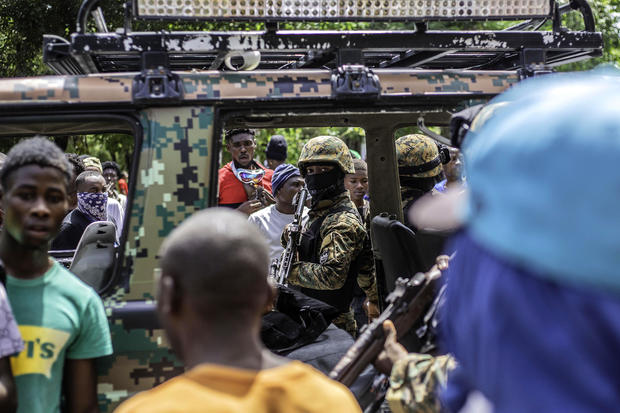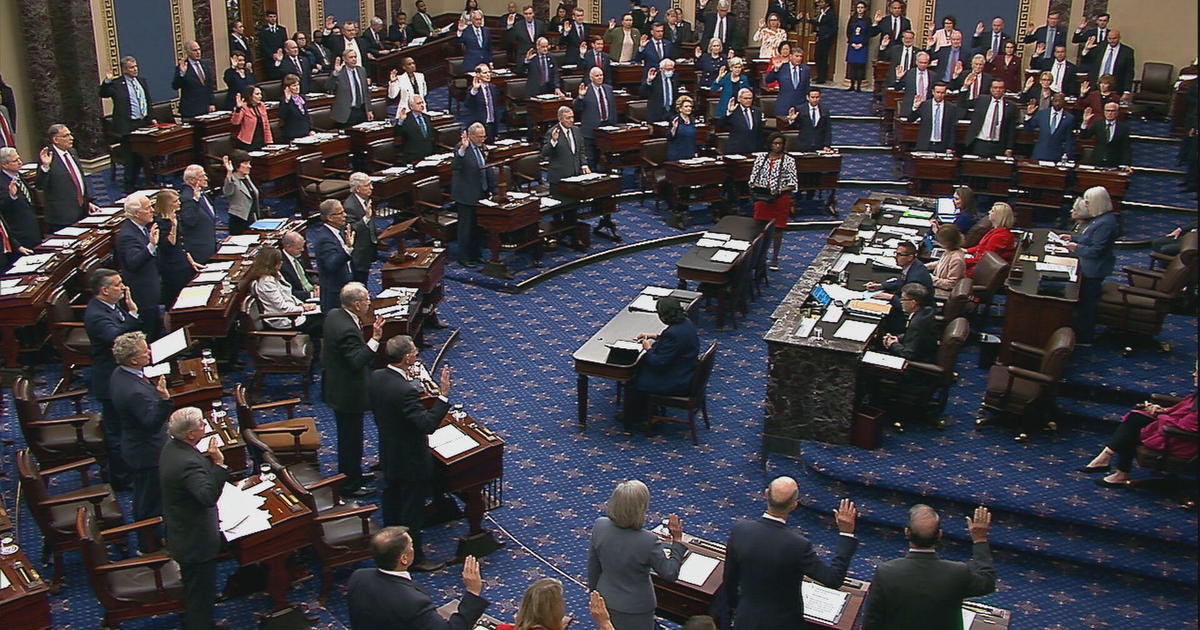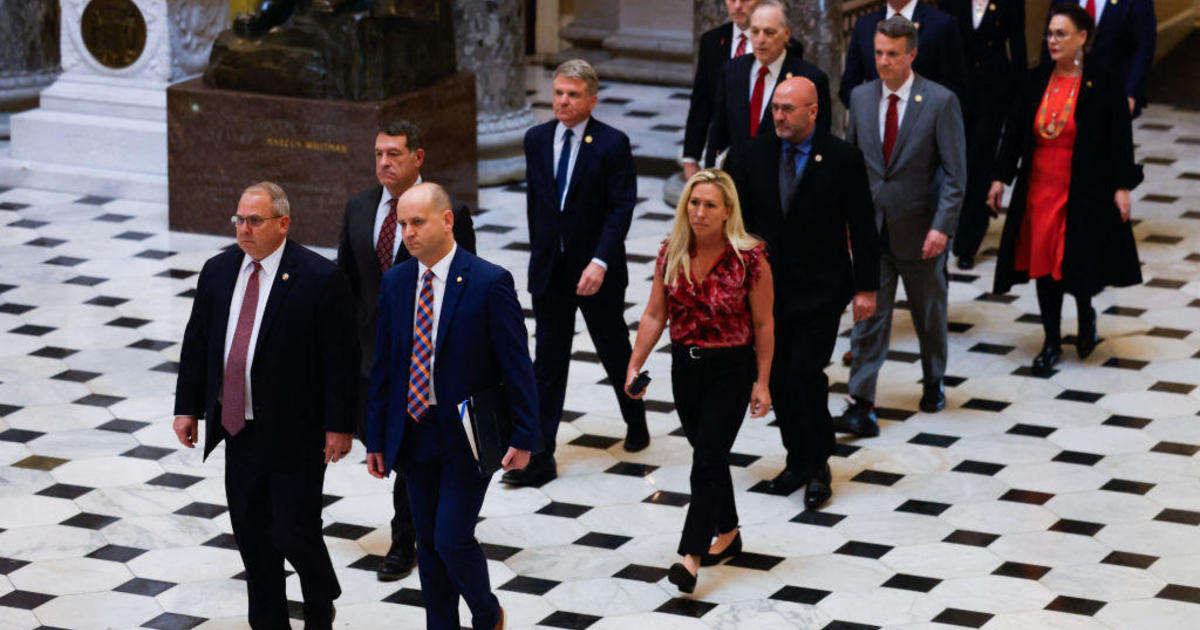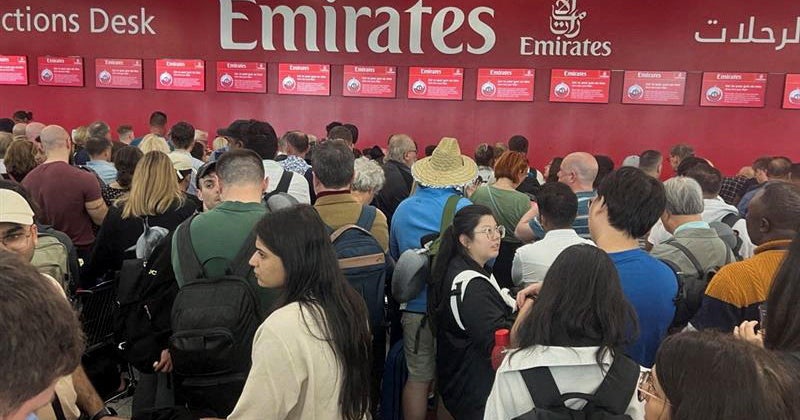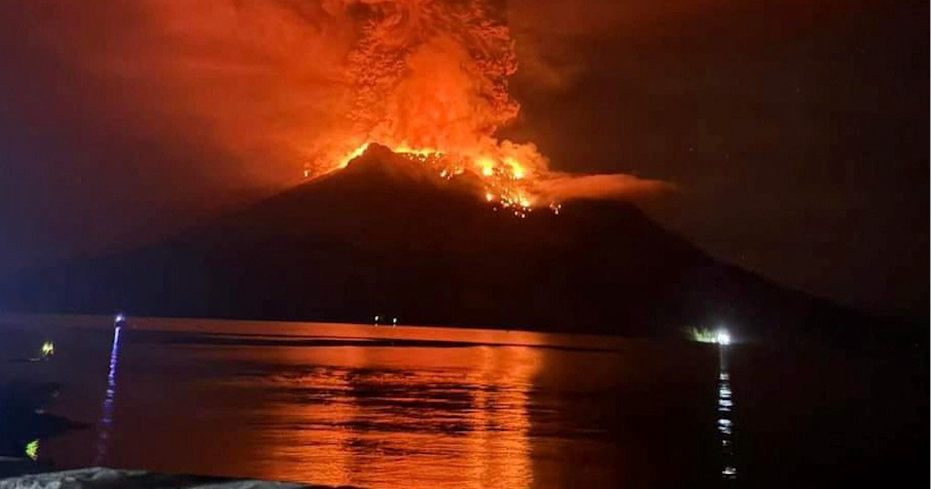Homeland Security chief says U.S. will not give refuge to those fleeing Cuba and Haiti by boat
People fleeing Cuba and Haiti by boat will not be allowed to enter the U.S., even if they demonstrate fear of being persecuted or tortured in their home countries, Homeland Security Secretary Alejandro Mayorkas warned on Tuesday.
"Allow me to be clear: if you take to the sea, you will not come to the United States," Mayorkas said, highlighting the dangers of traversing the Caribbean Sea and the Florida Straits by boat.
Mayorkas, a Cuban immigrant who fled the island with his family in 1960, issued his stern warning in the wake of seismic political events that have rocked Cuba and Haiti in recent days.
In Cuba, large-scale protests erupted over the weekend, forming one of the biggest public demonstrations of dissent faced by the island's communist government. Meanwhile, in Haiti, the brazen assassination of President Jovenel Moise has thrown the poorest country in the Western Hemisphere into further political upheaval.
Mayorkas said those trying to reach the U.S. by sea will be intercepted by the Coast Guard and immediately returned to their home countries. Even if asylum-seekers manage to get interviews with U.S. officials, Mayorkas added, they will not be permitted to set foot on U.S. soil, regardless of the outcome of their screenings.
"If individuals make, establish a well-founded fear of persecution or torture, they are referred to third countries for resettlement," Mayorkas said. "They will not enter the United States."
Mayorkas' warning did not mark a shift in U.S. policy. For decades, the U.S. government has been turning back the vast majority of migrants encountered at sea.
Historically, U.S. officials have sent some of the few migrants who are allowed to be screened for humanitarian protection to the Guantanamo Bay Naval Base, where they undergo interviews with asylum officers. Asylum-seekers who passed those initial interviews have been referred for resettlement in third countries like Australia.
The U.S. government has held Haitian refugees at Guantanamo Bay for decades. In the early 1990s, thousands of asylum-seekers were detained inside the base, which included a notorious camp for those diagnosed with HIV, who were banned from entering the U.S. at the time.
Mayorkas did not specify which third countries he was referring to in his statement. A Department of Homeland Security spokesperson said the State Department is in charge of third country referrals. Representatives for the State Department did not respond to a request for comment.
Advocates for refugees strongly denounced Mayorkas' remarks, saying they undermined the Biden administration's stated goal of expanding the humanitarian immigration programs that were gutted under former President Trump.
"The U.S. government shouldn't be using this system of off-shore processing to evade our refugee protection laws," Kennji Kizuka, the associate director of research and analysis at Human Rights First, told CBS News. "They should allow people to land in the United States and go through their full asylum proceedings."
Mayorkas said the U.S. has so far not detected a "surge" in maritime interdictions of Cubans and Haitians. He said that 470 Cubans and 313 Haitians have been encountered at sea so far this fiscal year. In fiscal year 2020, 49 Cubans and 430 Haitians were intercepted by the Coast Guard.
These maritime interdictions pale in comparison to the number of Cuban and Haitian migrants taken into U.S. custody along the border with Mexico. In May, the last month with available statistics, 2,800 Haitians and 2,600 Cubans were encountered along the southern border.
Domestic law allows migrants to request asylum once they reach U.S. soil. But during the coronavirus pandemic, the U.S. government has been citing a public health law to expel most migrants without permitting them to seek refuge.
Currently, if Haitian and Cuban asylum-seekers are exempted from the pandemic-era border policy known as Title 42, first enacted by Mr. Trump and continued by the Biden administration, they are allowed to stay in the U.S. while their cases are adjudicated.
While Cuban migrants no longer benefit from the policy known as "Wet foot, dry foot" that was discontinued by President Obama, they can still apply for green cards after a year of living in the U.S.
